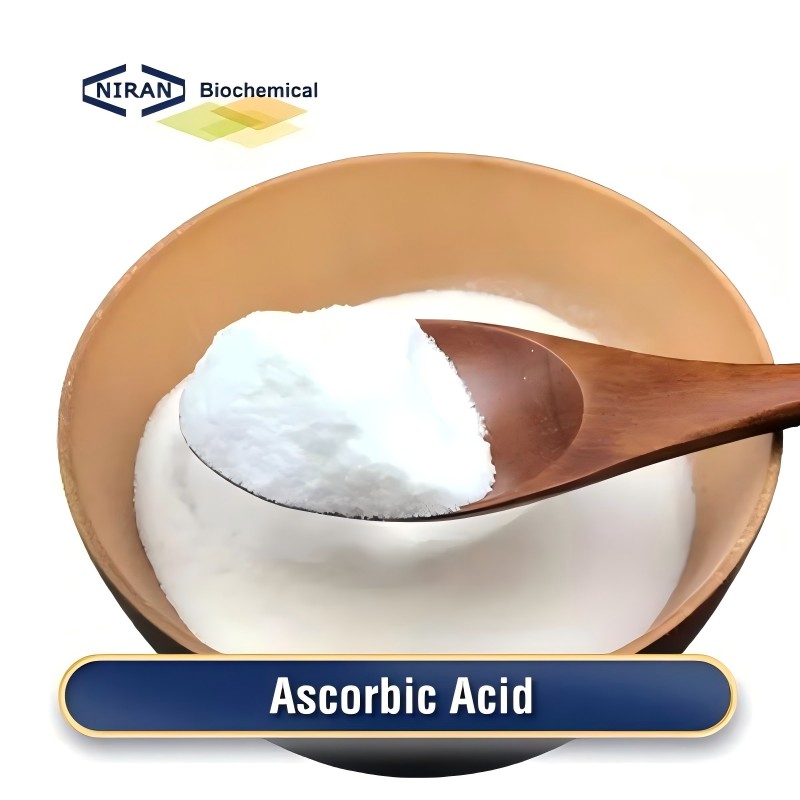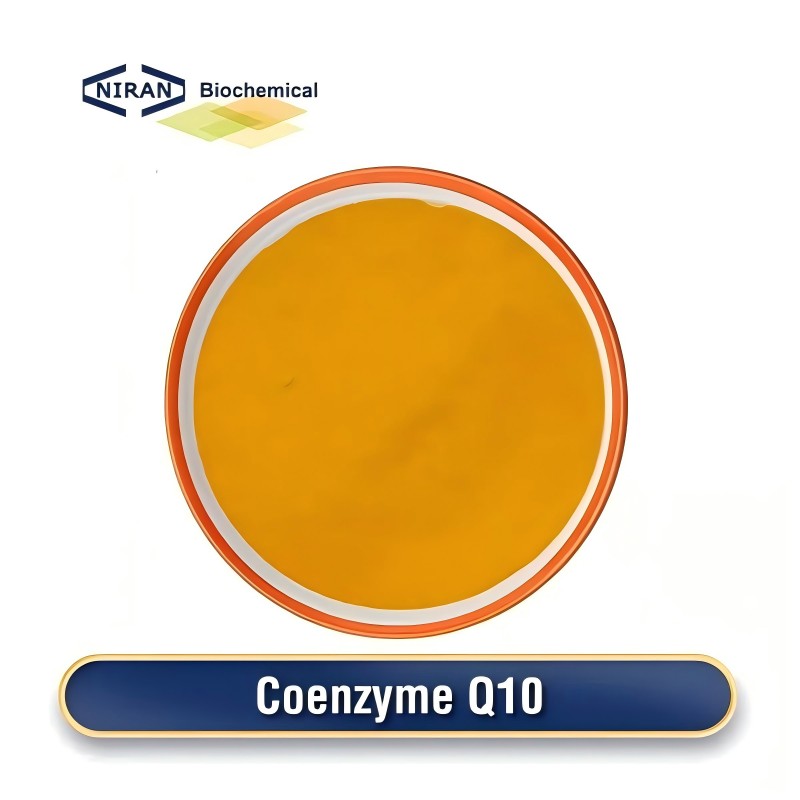In the health-conscious world of today, consumers are increasingly turning to dietary supplements and food additives to enhance their well-being. Two of the most talked-about substances are ascorbic acid (vitamin C) and coenzyme Q10 (CoQ10).
Both are heralded for their potential health benefits, but how do they compare? This article explores the characteristics, benefits, and potential drawbacks of ascorbic acid and CoQ10, helping you decide which additive might be best for your health.
Two Antioxidants Comparison Table
| Feature | Ascorbic Acid (Vitamin C) | Coenzyme Q10 (CoQ10) |
| Source | Fruits (citrus, berries) and vegetables (bell peppers, broccoli) | Meat, fish, whole grains, and nuts |
| Solubility | Water-soluble | Fat-soluble |
| Primary Benefits | Immune support, collagen synthesis, antioxidant properties | Energy production, heart health, antioxidant properties |
| Potential Drawbacks | Gastrointestinal upset at high doses | May interact with blood thinners |
| Recommended Daily Intake | 65-90 mg for adults | 30-200 mg, depending on health conditions |
| Common Uses | Supplements, food preservation, skincare | Supplements, energy boosters, skincare |
| Absorption | Easily absorbed | Absorption can be enhanced with fats |
| Stability | Sensitive to heat and light | More stable under heat |
| Age-Related Changes | Levels decline with age | Levels decrease significantly with age |
| Health Conditions Targeted | Colds, skin health, iron absorption | Heart disease, chronic fatigue, migraines |
Ascorbic Acid

A water-soluble vitamin that is vital to human health is ascorbic acid, sometimes referred to as vitamin C. Vitamin C needs to be received through diet, as humans cannot synthesize it like many animals can. The manufacture of collagen, immunological response, and iron absorption from plant-based diets are just a few of the many vital processes it supports.
Benefits of Ascorbic Acid
Immune Support
Ascorbic acid is perhaps best known for its role in boosting the immune system. The length and intensity of colds can be shortened, according to studies, by consuming enough vitamin C. In order to combat infections, white blood cells must be produced, and it aids in this process.
Antioxidant Properties
Ascorbic acid lowers oxidative stress in the body by acting as an antioxidant to destroy free radicals. This property is vital in preventing chronic diseases such as heart disease and cancer, making vitamin C an essential part of a healthy diet.
Collagen Synthesis
Collagen is a protein that keeps skin firm and supple, and it is produced in large part by vitamin C. Regular intake of ascorbic acid can lead to healthier skin, reducing signs of aging.
Enhanced Iron Absorption
For vegetarians and vegans in particular, ascorbic acid enhances the absorption of iron from plant-based diets. Vitamin C assists in the prevention of iron deficiency anemia by changing iron into a more absorbable form.
|
|
Coenzyme Q10

The fat-soluble antioxidant coenzyme Q10 is found in all bodily cells. It is essential to the process by which the cell’s powerhouses, the mitochondria, produce energy. Age-related natural declines in CoQ10 levels can also be attributed to specific medical disorders and drug interactions.
Benefits of Coenzyme Q10
Energy Production
Adenosine triphosphate, or ATP, is the energy unit of cells, and its synthesis requires CoQ10. For sustaining energy levels and general vigor, therefore, it is essential.
Heart Health
Research has shown that CoQ10 can improve heart health by reducing blood pressure and improving symptoms in patients with heart disease. It has also been demonstrated to improve cardiac muscle function.
Antioxidant Properties
CoQ10 has antioxidant properties similar to ascorbic acid, which aid in preventing oxidative damage to cells. This is particularly important for the heart and brain, where oxidative stress can lead to serious health issues.
Potential Benefits for Migraines
Some studies suggest that CoQ10 may help reduce the frequency and severity of migraines, making it a potential alternative for those who suffer from this debilitating condition.
|
|
Factors to Consider
When deciding between ascorbic acid and coenzyme Q10, there are several factors to consider:
Dietary Preferences
Since ascorbic acid is widely found in fruits and vegetables, a balanced diet is a simple way to receive it. CoQ10 is found in smaller amounts in foods like fatty fish and organ meats, so supplements might be necessary for adequate intake.
Health Goals
If your primary goal is to boost your immune system and enhance skin health, ascorbic acid may be the better choice. However, if you are looking to improve energy levels or support heart health, CoQ10 might be more beneficial.
Age and Lifestyle
As we age, CoQ10 levels naturally decline. Older adults, or those with specific health conditions, may benefit from supplementation. Conversely, younger individuals with a balanced diet may find sufficient levels of ascorbic acid without supplements.
Potential Interactions
Certain drugs, especially blood thinners, may interact with CoQ10. If you are taking medication, it’s important to discuss any new supplement regimen with a healthcare provider before you start.
Bioavailability
The body absorbs ascorbic acid easily, especially when consumed with bioflavonoids found in fruits. It is frequently advised to take CoQ10 with meals because doing so can improve absorption of the nutrient.
Conclusion
Ascorbic acid and coenzyme Q10 are both powerful additives that can contribute to a healthier diet. They are excellent supplements to a balanced diet since they provide special health advantages. Knowing these characteristics can enable customers to make wise decisions, which will ultimately improve their health and general well-being.
